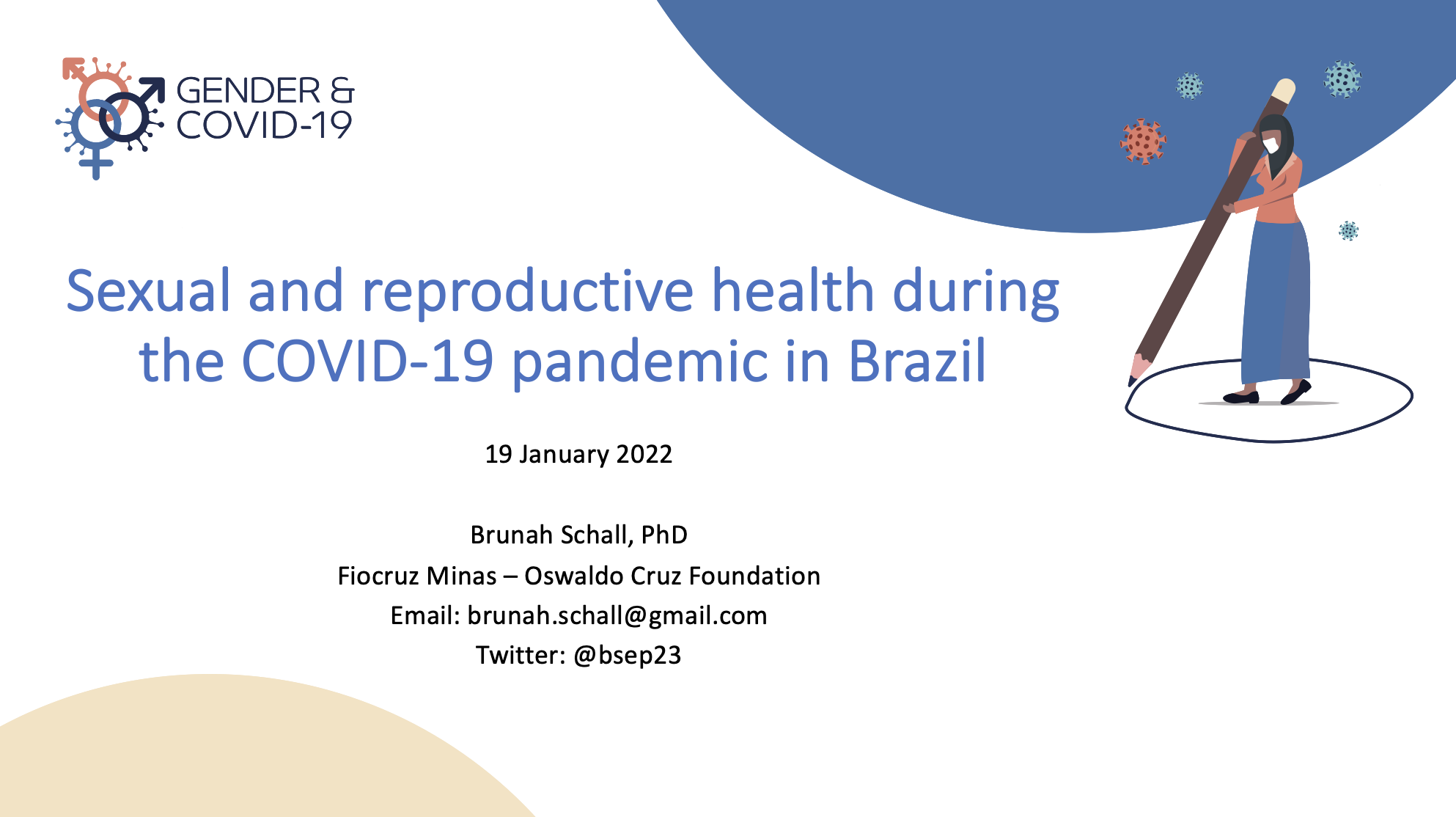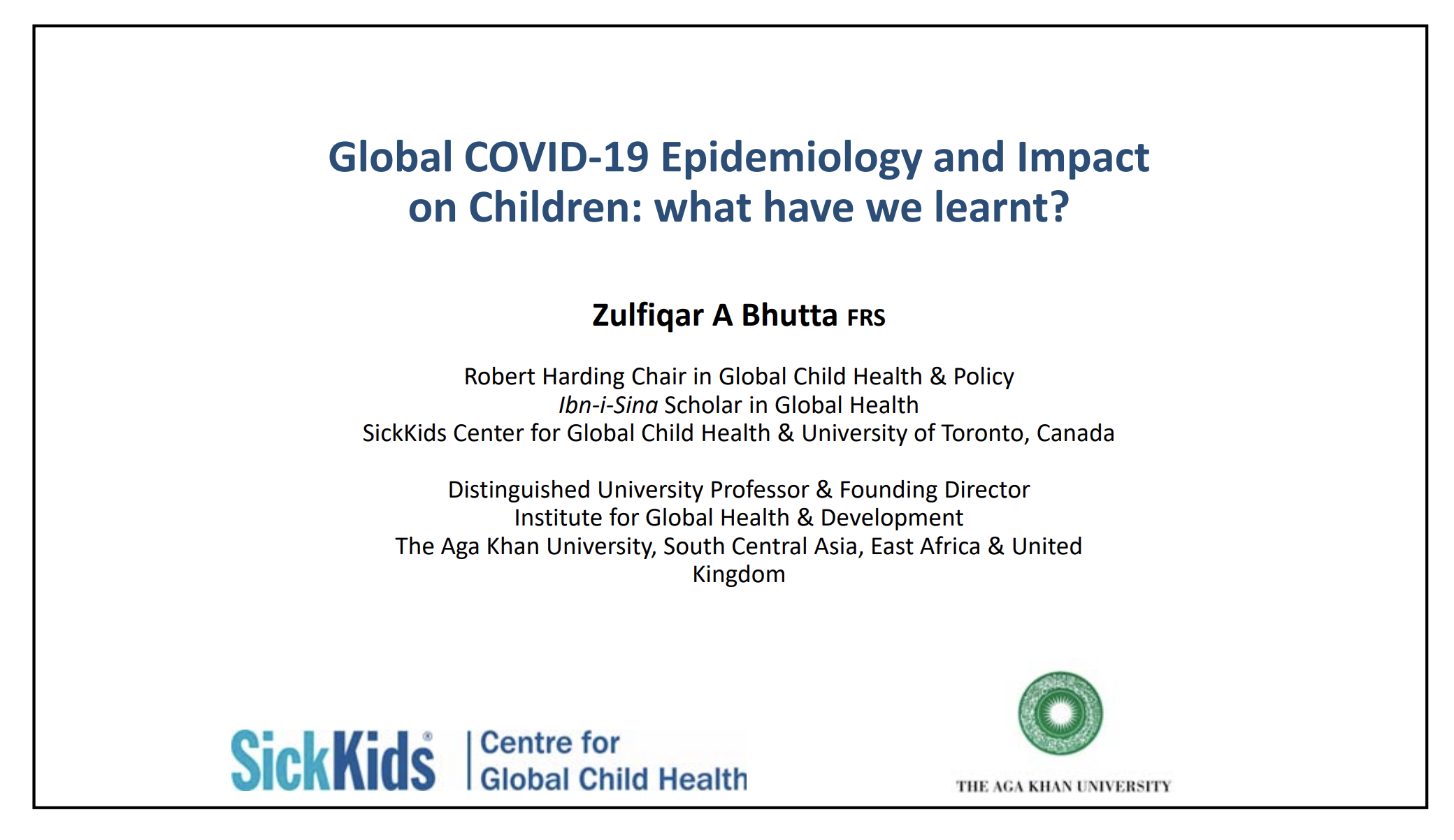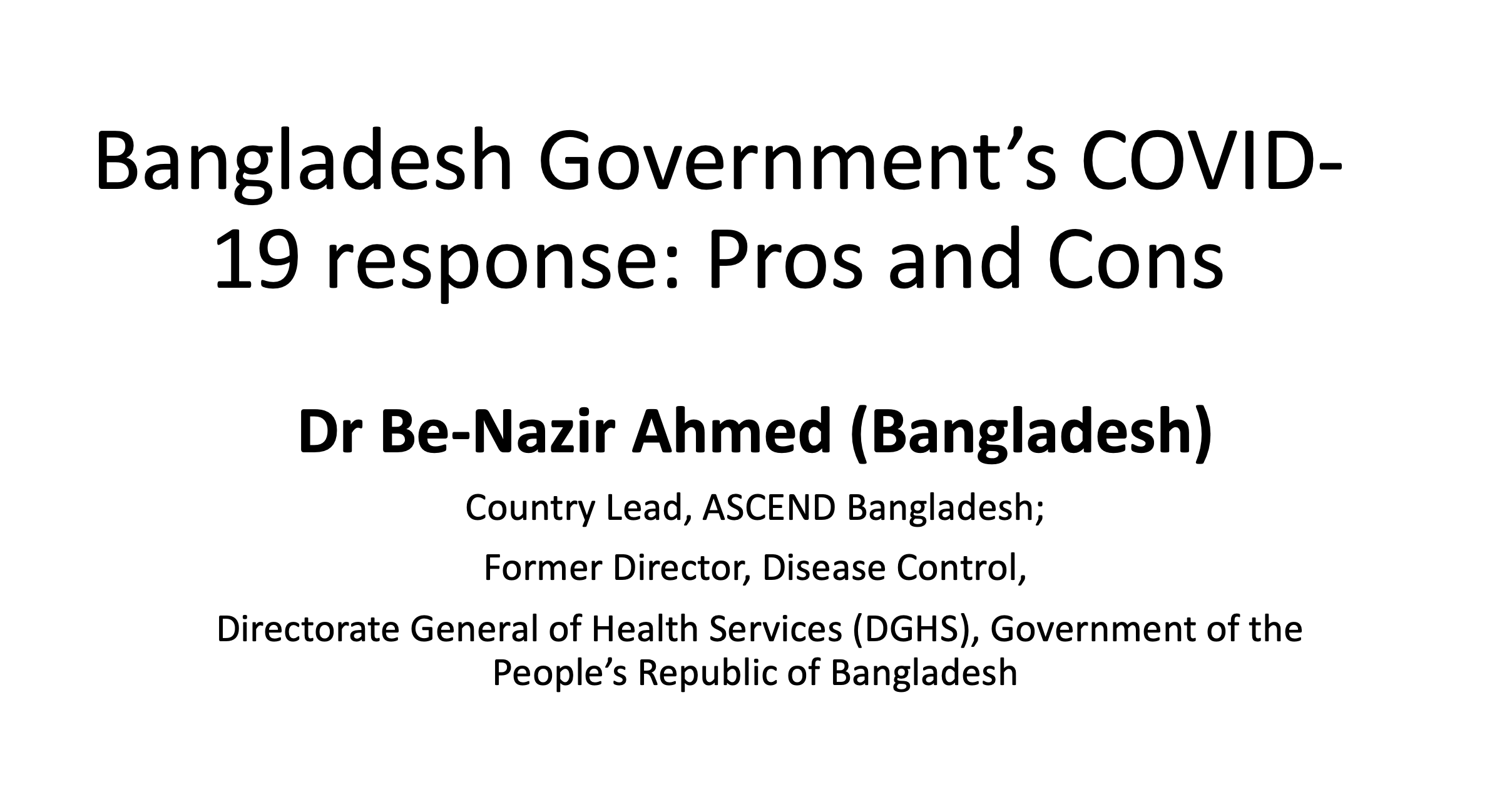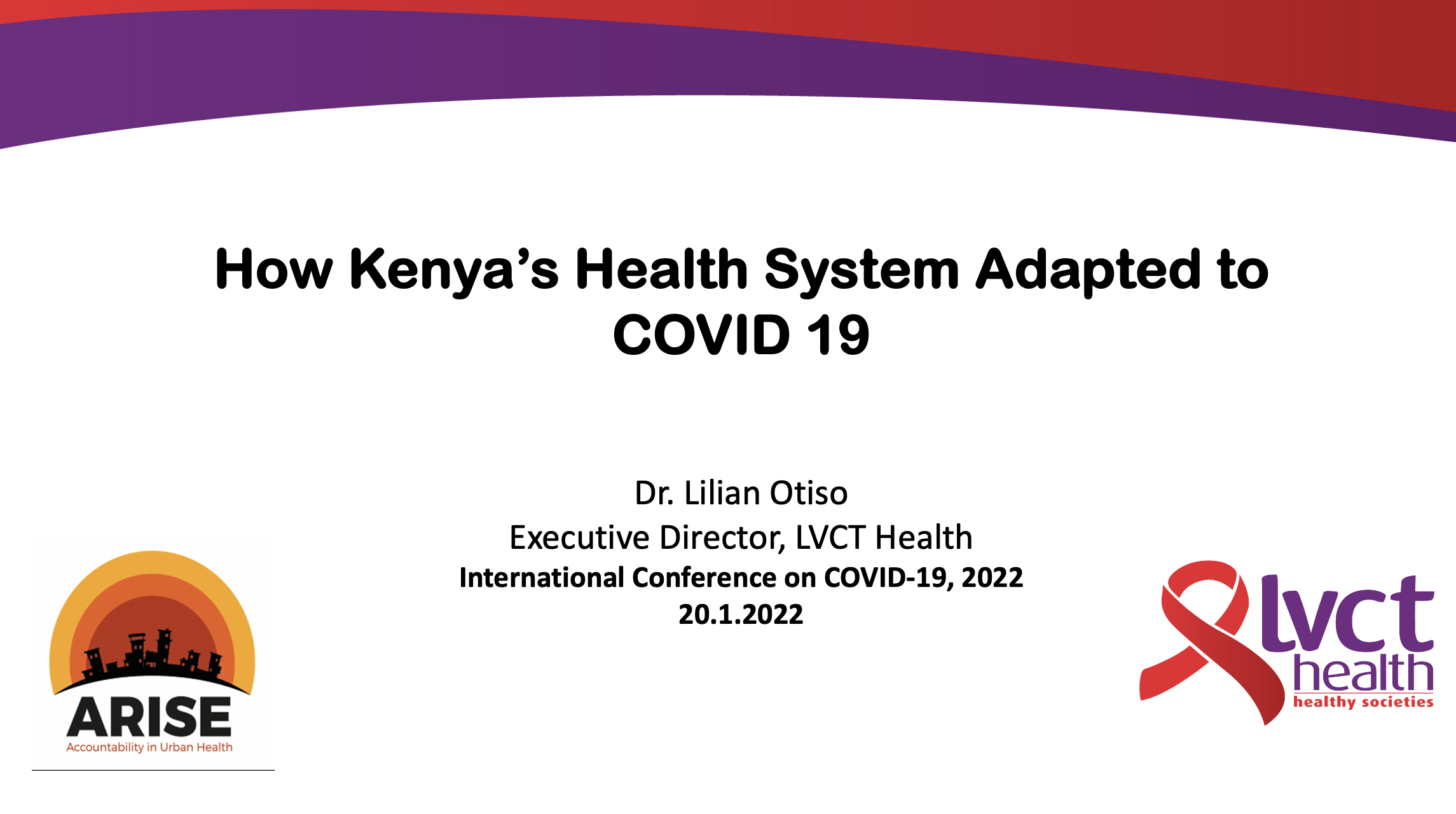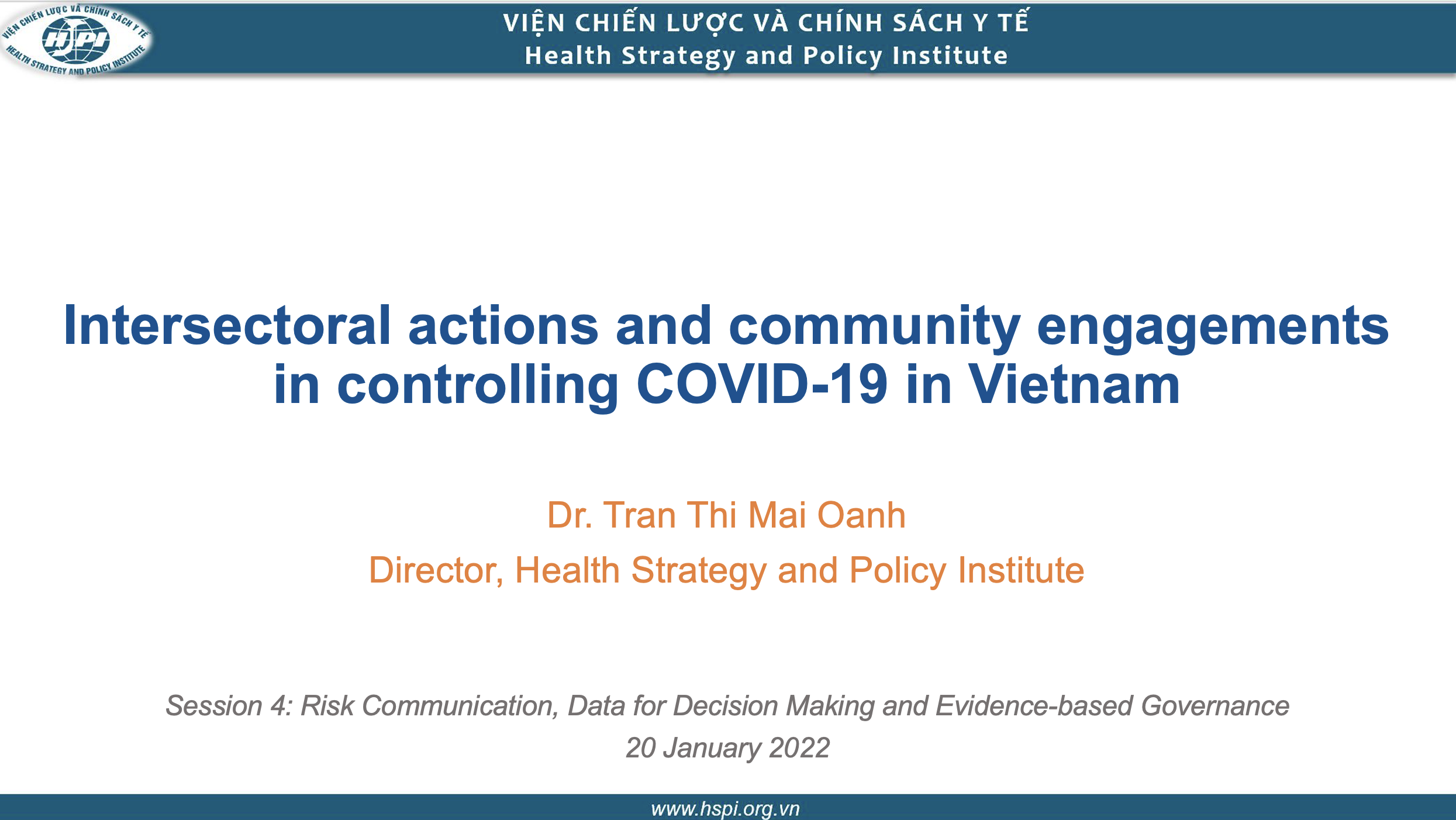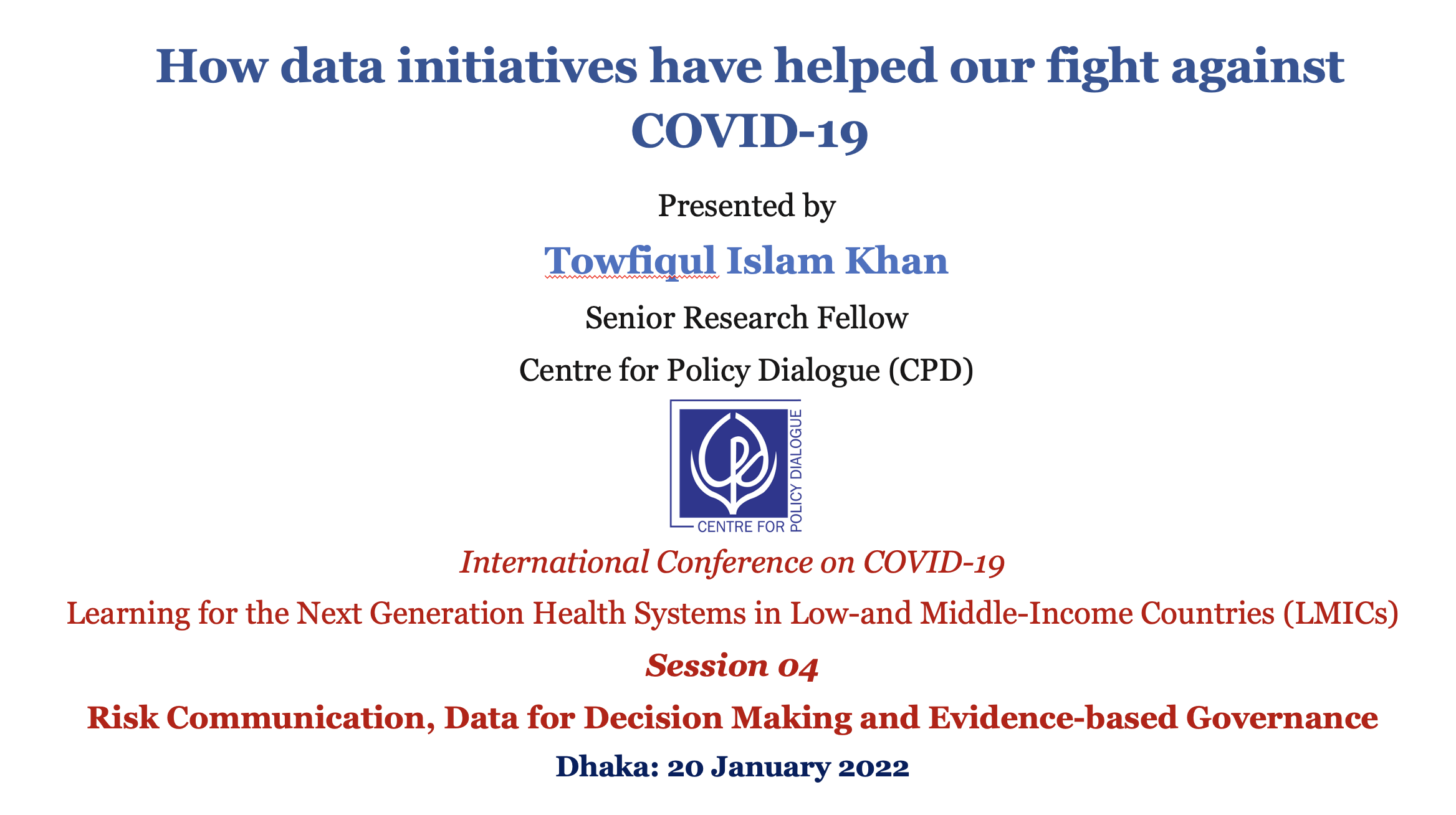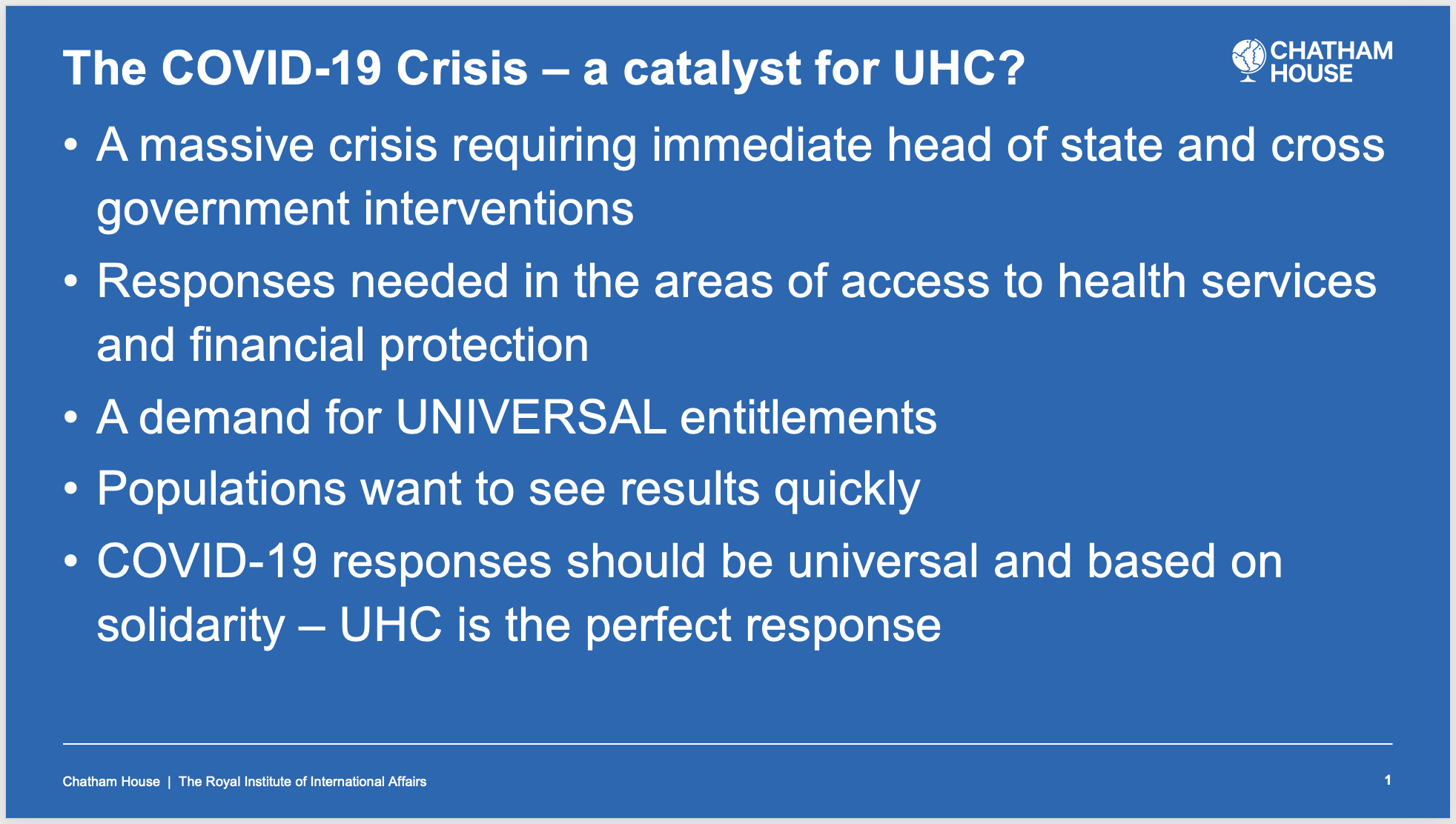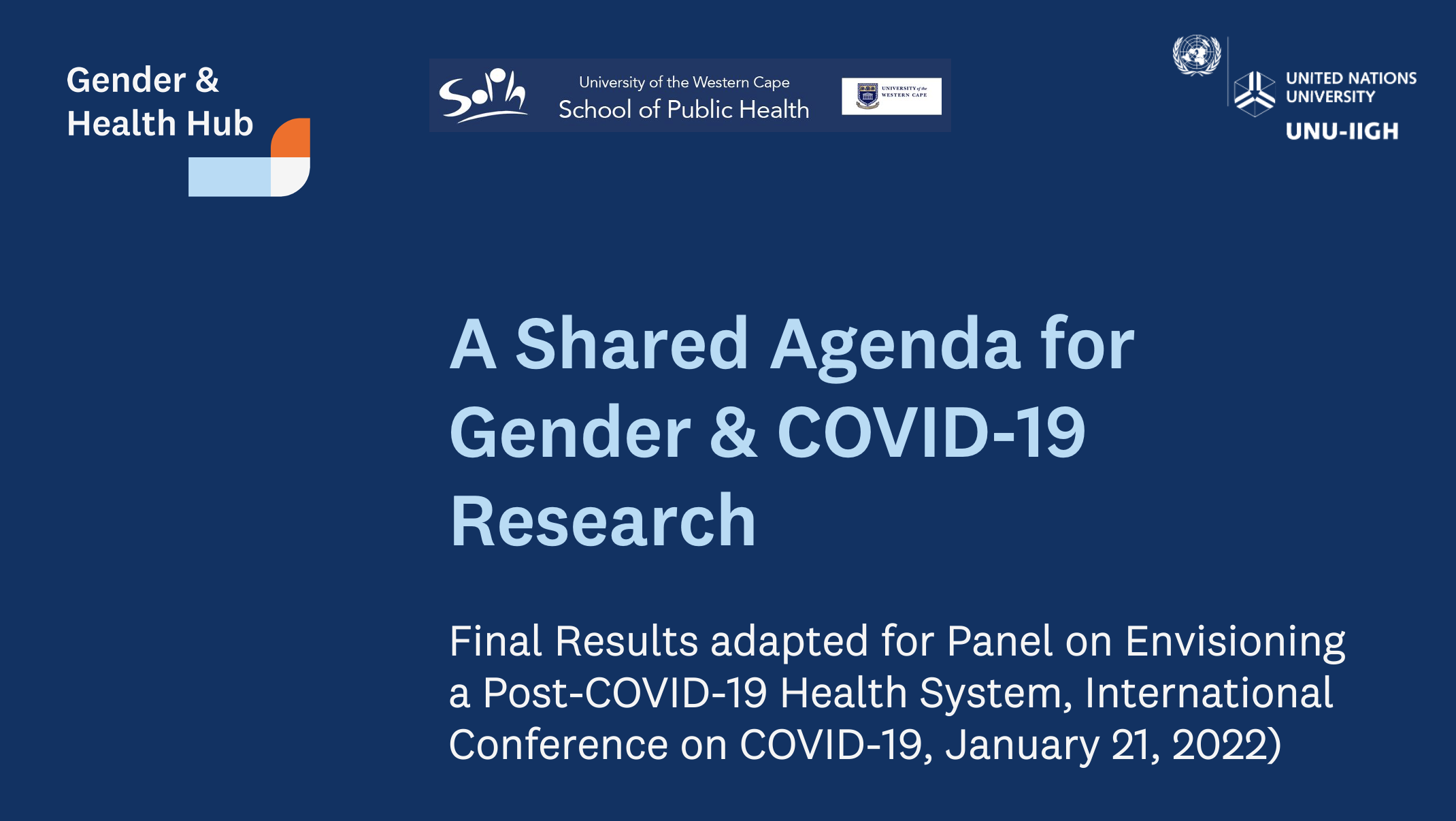
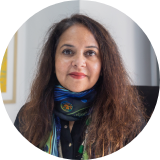
Dean, Professor and Director of the Centre of Excellence for Gender, Sexual and Reproductive Health and Rights (CGSRHR), BRAC James P Grant School of Public Health (JPGSPH), Bangladesh.
Bachelor’s and Master’s degree in Social Anthropology, and a PhD in Medical Anthropology and Public Health from the Australian National University, Canberra, Australia, Professor Rashid joined BRAC JPGSPH in 2004 and was appointed as Dean in 2013. In 2008, she founded the Centre for Gender, Sexual and Reproductive Health and Rights (GSRHR) and co-founded the Centre for Urban Equity and Health (CUEH) in 2013. Professor Rashid is specialising in ethnographic and qualitative research. Her research interests include gender, sexual and reproductive health, sexuality and the well-being of adolescents, young women and men, use of social media and digital technology, urban poverty, governance, and health services in urban informal settlements. In May 2018, she was nominated for a global award, “Heroines of Health’ at the World Health Assembly, Geneva and In October 2018, she was invited to be a Visiting Scholar, at the Centre for Social Medicine and the Institute of South Asia Studies, at the University of California at Berkeley, USA. Dr Rashid has nearly 90 publications (book, peer-reviewed articles, international book chapters and monographs, etc); and has brought in as lead/co-lead, approximately US$15 million in research and capacity-building grants. Dr Rashid is currently the member of the COVID-19 Research Roadmap social science working group, World Health Organization, Geneva; Bangladesh Lead Focal for the Regional Platform on Gender and Sexual and Reproductive Health and Rights, overall coordinator, SRHM, Geneva; Co-Chair of the World Congress on Public Health, Congress Management Committee, World Federation of Public Health Associations, Headquarters, University of Geneva; and a member of the Rockefeller-BU 3-D Commission.
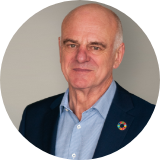
Special Envoy of WHO Director General for COVID-19;
Senior Advisor, Food Systems Summit Dialogues and Strategic Director at 4SD Switzerland
David Nabarro is the Co-Director of the Imperial College Institute of Global Health Innovation and supports systems leadership for sustainable development through his Switzerland based social enterprise 4SD (Skills, Systems and Synergies for Sustainable Development). Currently Nabarro is Special Envoy of WHO on COVID-19 and Senior Advisor to the United Nations Food Systems Summit. Nabarro secured his medical qualification in 1974 and has worked in over 50 countries in multiple positions. In October 2018, David received the World Food Prize together with Lawrence Haddad for their leadership in building coalitions for action for better nutrition across the Sustainable Development Goals.
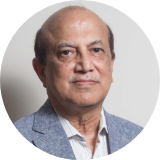
Convener, Bangladesh Health Watch (BHW), Bangladesh.
Dr Chowdhury has served as the Vice-Chair, Executive Director, and Research Director at BRAC. He also worked as a Fellow for Harvard University and as the Senior Adviser and acting Managing Director for the Rockefeller Foundation. Dr Chowdhury is currently a professor of population and family health at Columbia University and a Senior Fellow of the Bangladesh Institute of Development Studies (BIDS). Dr Chowdhury founded BRAC’s Research and Evaluation Division (RED) and the BRAC JPGSPH. In addition, he played a key role in creating the Mekong Basin Disease Surveillance Foundation encompassing Cambodia, China, Laos, Myanmar, Thailand and Vietnam and the Department of Public Health and Informatics at Bangabandhu Sheikh Mujib Medical University in Bangladesh. His interdisciplinary work in the delivery of the world’s largest Oral Rehydration Therapy (ORT) programme has contributed to saving millions of lives. He serves on the Boards/Committees of different organisations including BRAC University, London School of Economics, and UN Food and Agriculture Organisation. He is the immediate past Chair of Asia-Pacific Action Alliance on Human Resources for Health (AAAH).
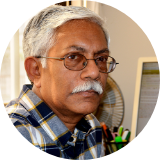
Professor and Director, Centre of Excellence for Health Systems and Universal Health Coverage (CoE-HS&UHC), BRAC James P Grant School of Public Health, Bangladesh.
Dr Ahmed has worked as the Senior Research Coordinator at the Research and Evaluation Division of BRAC. He graduated from Dhaka Medical College in 1978 and did MPH from NIPSOM in 1991. He was a visiting fellow (David E. Bell Fellow) in Population and International Health at Harvard Centre for Population and Development Studies in 1997. Dr Ahmed got PhD from Karolinska Institutet University, Sweden, in 2005. His research interests include studying the impact of microcredit-based development interventions on the health and well-being of the poor especially the ultra-poor, and exploring the mechanisms of such impact; gender and health; health equity and improving the health system's ability to reach the poorest-of-the poor and disadvantaged populations; and human resources for health and achievement of universal health coverage in Bangladesh. Dr Ahmed has published extensively in national and international peer-reviewed Journals and authored book chapters, monographs and working papers. He also acts as a peer reviewer for many renowned public health journals such as Bulletin of WHO, World development, Social Science and Medicine, Health Policy and Planning, Tropical Medicine and International Health, BMC Public Health etc.
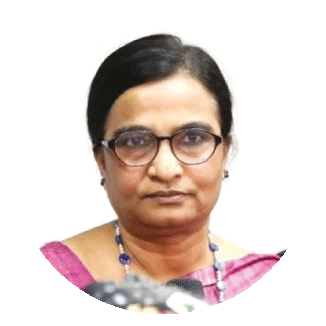
Additional Director General (Planning and Development), Directorate General of Health Services (DGHS), Government of the People’s Republic of Bangladesh.
Dr Meerjady Sabrina Flora physician, professor of epidemiology and public health specialist. She is the additional director general of the Directorate General of Health Services (planning and development). Before, she headed the Institute of Epidemiology, Disease Control and Research (IEDCR), the apex centre for conducting disease surveillance, outbreak investigation, disease control, epidemic prevention and research in Bangladesh. She is a fellow of the Foundation for Advancement of International Medical Education and Research. She is also the vice president of the International Association of National Public Health Institutes.
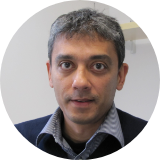
Research Lead, International Institute for Global Health, United Nations University, Malaysia.
Professor David McCoy works at the United Nations University International Institute for Global Health (UNU-IIGH) as the Evidence to Policy Research Lead. Prior to this he was Professor of Global Public Health at the Institute of Population Health Sciences in Queen Mary University London. He qualified as a medical doctor and spent six years as a clinician in the UK and South Africa, before entering a career in public health. He spent a further seven years in South Africa where he supported the post-apartheid transformation of South Africa’s health care system. Since returning to the UK, he has worked in civil society (Peoples Health Movement, Aidspan and Medact), academia (University College London and Queen Mary University London) and the public sector (the NHS).

Associate Research Scientist, Urbanisation and Well-being Unit, African Population and Health Research Centre (APHRC), Kenya.
Dr Caroline Kabaria is a post-doctoral Research Scientist with expertise in Geoinformatics (GIS), Remote Sensing, Spatial Modelling and her she contributes to developing methodological frameworks to integrate spatial evaluation in estimating the impacts of interventions, policy regulations and social trends with a spatial dimension. Dr Caroline Kabaria holds a doctorate specialising in Spatial Epidemiology from the Open University, UK. Her research focused on mapping and understanding changing malaria transmission patterns within urban settings in Africa. Prior to joining APHRC, Caroline was a post-Doctoral researcher at KEMRI-Wellcome Trust Research Programme evaluating within spatial frameworks, the factors that influence disease transmission, the application of population and urbanisation mapping for disease burden estimation as well as evaluating the impact of control interventions on transmission.

Postdoc Scholar at Fiocruz Minas (Oswaldo Cruz Foundation), Brazil.
Dr Brunah Schall is a biologist with a PhD in sociology and is currently a postdoc scholar at Fiocruz Minas (Oswaldo Cruz Foundation), in Brazil. Schall has experience with sociological qualitative research and is currently working with gender and vector control in the Brazilian context and is also part of the Gender and COVID-19 Project.
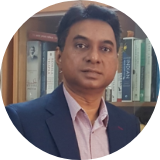
Professor, Economics, University of Dhaka;
Executive Director, South Asian Network on Economic Modeling (SANEM).
Dr Selim Raihan has a doctorate from the University of Manchester, UK, and possesses vast expertise in empirical research on international trade, economic growth, poverty, labour market, macroeconomic policies, political economy, and climate change issues. He is the editor of SANEM’s monthly digest. Dr Raihan contributed extensively to the preparation of the Sixth and Seventh Five-year National Plans of Bangladesh. He has worked for several national and international organisations including the Asian Development Bank, the World Bank, the Commonwealth Secretariat, European Commission, International Labour Organization and more. Dr Raihan's recent works on the political economy analysis of economic issues include the studies on Bangladesh Institutional Diagnostic.
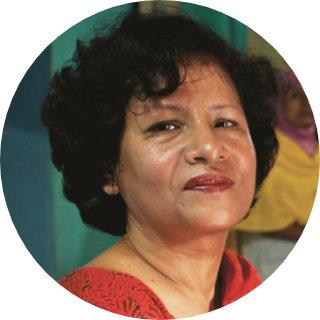
Professor, BRAC James P Grant School of Public Health (JPGSPH), Bangladesh.
Dr Afsana has research and implementation experience of over 30 years in Public Health with a specific focus on reproductive, maternal, neonatal and child health (RMNCH), nutrition, early childhood development, health system, community engagement and women’s empowerment. She is an MD with an MPH from Harvard University, USA and a PhD from Edith Cowan University, Australia. She has served BRAC in Bangladesh for over 26 years and completed her tenure in 2018 as the Director, BRAC Health, Nutrition and Population Programme (HNPP) with an annual budget of USD 30-40 million and been working for BRAC JPGSPH since its inception in 2004. Dr Afsana has authored books and widely published papers in journals and books. She represents BRAC JPGSPH and BRAC at national and global levels playing a critical role in policy-making and planning and providing technical guidance, particularly, in sexual, reproductive, maternal, neonatal, child and adolescent health and nutrition and health system strengthening. She is Vice-Chair of the Scientific Committee of UN Food System Summit 2021 and a member of the board of directors of Global Alliance for Improved Nutrition, Geneva.
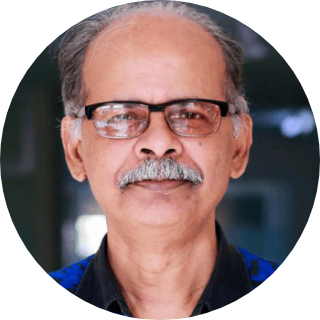
Country Lead, ASCEND Bangladesh;
Former Director, Disease Control, Directorate General of Health Services (DGHS), Government of the People’s Republic of Bangladesh.
Dr Be-Nazir Ahmed is the former Head of Coordination Support and Innovation Center and the former Director of the Disease Control of the Directorate General of Health Services (DGHS), Government of the People’s Republic of Bangladesh. He is the Advisor of the National Immunization Technical Advisory Group (NITAG) Bangladesh. Dr Ahmed has carried out numerous research on Kala-azar, Malaria, Rabies and contributed to numerous publications. He is the country lead of Accelerating the Control and Elimination of NTDs (ASCEND), a UKAID multi-county project.
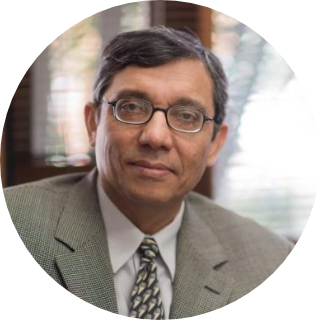
Robert Harding Chair in Global Child Health and Policy, Centre for Global Child Health, Hospital for Sick Children, University of Toronto, Canada.
Dr Zulfiqar A. Bhutta holds adjunct professorships at several leading universities globally, including the Schools of Public Health at Johns Hopkins (Baltimore), Tufts University (Boston), University of Alberta, as well as the London School of Hygiene & Tropical Medicine. He is a designated Distinguished National Professor of the Government of Pakistan and was the Founding Chair of the National Research Ethics Committee of the Government of Pakistan from 2003 to 2014. Dr Bhutta is part of the seven-member Independent Expert Review Group (iERG) appointed by the UN Secretary General for monitoring global progress in maternal and child health Millennium Development Goals (MDGs). He represents the global academic and research organisations on the GAVI Alliance Board, and is the co-Chair of the Maternal and Child Health oversight committee of the World Health Organization’s Eastern Mediterranean Regional Office. Dr Bhutta’s research interests include newborn and child survival, maternal and child undernutrition, and micronutrient deficiencies.
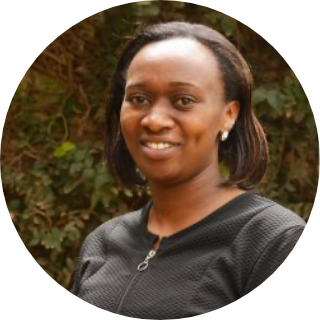
Executive Director, Liverpool VCT (LVCT) Health, Kenya.
Dr Lilian Otiso has over 10 years’ of clinical, research and programming experience. As the Executive Director, she oversees over 200 staff implementing LVCT Health’s PEPFAR and Global Fund programmes on HIV prevention, HIV testing and counselling, care and treatment, sexual and reproductive health and gender-based violence. The programmes target adolescent girls and young women, Key Populations and other vulnerable populations reaching over 1 million individuals in 27 counties annually. Dr Otiso is responsible for designing and delivering large scale HIV and sexual and reproductive health and community health programmes in Kenya through the Ministry of Health and local organisations. She manages large grants and sub-contracts with implementing partners. Dr Otiso is passionate about health systems especially at the primary care level and in developing efficient models of service delivery. She is involved in conducting research on the above programme areas. She is the country principal investigator of REACHOUT study on strengthening community health systems for the delivery of HIV and other community services in Kenya.
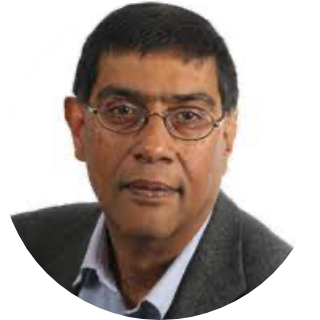
Professor, International Institute of Social Studies (ISS), Erasmus University of Rotterdam (EUR);
Professor, Centre for Financial and Corporate Integrity (CFCI), Coventry University, United Kingdom.
Professor Murshed was the first holder of the rotating Prince Claus Chair in Development and Equity in 2003. He was a Research Fellow at UNU/WIDER in Helsinki where he ran projects on globalisation and vulnerable economies and why some countries avoid conflict, while others fail. He also ran a project on the two economies of Ireland, financed by the International Fund for Ireland at the Northern Ireland Economic Research Centre (NIERC), Belfast. He is the author of 9 books and over 160 refereed journal papers and book chapters. His latest monograph is on the Resource Curse (2018). He was awarded the Manas Chatterji lifetime award for excellence in Peace Economics by the Network of European Peace Scientists (NEPS). His research interests are in the economics of conflict, resource abundance, aid conditionality, political economy and more.

Professor, International Health Systems Research, Department of Learning, Informatics, Management and Ethics (LIME), Karolinska Institutet, Sweden.
Dr Göran Tomson is a Counselor of UN Agenda 2030 at the President’s office at KI. He is a co-founder and a Senior Advisor at the Swedish Institute for Global Health Transformation (SIGHT) at the Royal Swedish Academy of Sciences. Dr Tomson is also a Visiting Professor at Shandong University, China and since 2019, he has been a distinguished fellow at the George Institute for Global Health', linked to UNSW Sydney and Oxford University. Dr Tomson also teaches health systems and policy courses at the master and PhD levels. His extensive research and policy work focuses on universal health coverage and has been conducted in several countries. His involvements include Senior advisor for the WHO EVIPNet (Evidence-Informed Policy Network), WHO Scientific Advisory Committee's Alliance for Health Policy Systems Research, WHO European Advisory Committee on Health Research, Board member of the GLOBVAC Norwegian Research Council. Dr Tomson is engaged in health policy formulation and implementation both globally and nationally.
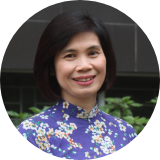
Director, Health Strategy and Policy Institute (HSPI), Vietnam’s Ministry of Health, Vietnam.
Dr Tran Thi Mai is an expert in health policy analysis and health system strengthening. She has led and supported major transformational health initiatives, in the last 30 years including in recent times, health technology assessment and development of benefit health service packages to support the implementation of universal health coverage in Vietnam. She has worked extensively with high-level government policymakers to make the most efficient use of evidence in health policymaking in Vietnam. She has been a member of the Universal Health Coverage Technical Advisory Group of WHO - Regional Office for the Western Pacific for the periods of 2016-2019 and 2019-2021.
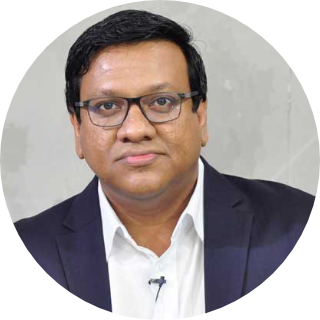
Senior Research Fellow, Centre for Policy Dialogue (CPD), Bangladesh.
Towfiqul Islam Khan is the Coordinator of CPD’s Independent Review of Bangladesh’s Development (IRBD) programme. Mr Khan has undertaken research and published in areas including macroeconomic policies, fiscal policy and fiscal transparency, governance, financing for development, inclusive development and sustainable development goals (SDGs). He is currently a member of the ‘SDG Working Team’ constituted under the Prime Minister’s Office, Government of the People’s Republic of Bangladesh. He is also a member of the ‘SDGs NGO Sub-Committee’ constituted under the NGO Affairs Bureau of Bangladesh. Mr Khan received the Australian Leadership Award (ALA) in 2008 to carry out his post-graduation academic degree at the University of Melbourne, Australia.
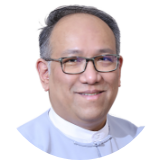
Executive Director, Centre for Economic and Social Development, Myanmar.
Zaw Oo is Executive Director of the Centre for Economic and Social Development, an independent think-tank dedicated to inclusive development in Myanmar. He is a development economist by training and holds graduate degrees from Columbia University and American University. From 2012 to 2016, he was Economic Advisor to President U Thein Sein of Myanmar, and also the national coordinator for the International Extractive Industry Transparency Initiative for the same period. He taught at Chiang Mai University from 2006 to 2011, and he is taking research interests in political economy, governance, migration and labour issues.
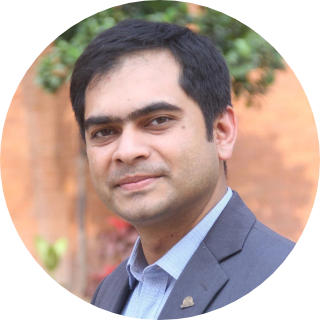
International Consultant, WHO, Bangladesh.
Dr Taufique Joarder has completed his Doctorate in Public Health (DrPH) from the Department of International Health, Johns Hopkins Bloomberg School of Public Health, and has been involved as an Associated Faculty in its Health Systems Program. He has been teaching Health Systems and other public health courses, as an Adjunct Faculty, at BRAC University, Northern University Bangladesh, and North South University. Dr Joarder is serving as the Regional Champion of the Thematic Working Group on Teaching and Learning Health Policy and Systems Research, a working group of the Health Systems Global. He is also one of the Emerging Voices for Global Health, as announced through a competitive process by the Institute of Tropical Medicine, Antwerp, Belgium.
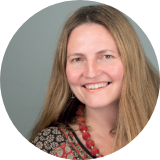
Chair, Social Science and International Health, Liverpool School of Tropical Medicine, Liverpool.
Professor Sally Theobald is a social scientist with over 25 years’ experience of collaborative research projects focusing on strengthening health systems and equity in different contexts (including in fragility and in informal urban settlements) in Africa and Asia. She works on the ARISE hub which focuses on promoting health and well-being in informal urban settlements in Bangladesh, India, Kenya and Sierra Leone. Professor Theobald also works on health systems strengthening, equity, inclusion and severe stigmatising skin diseases and neglected tropical diseases through the REDRESS progamme in Liberia. Other research interests include fragility, gender, equity and justice in ReBUILD for Resilience and a solidarity and fundraising partnership between Liverpool and a baby and children’s hospital in Sana’a, Yemen.

Unit Head, Anthropology and Ecology of Disease Emergence Unit, Institut Pasteur, France; Coordinator, Sonar-Global and network.
Dr Tamara Giles-Vernick is Director of Research and Unit Head of the Anthropology and Ecology of Disease Emergence Unit – the Institut Pasteur’s first social sciences research unit in its 130-year history. Dr Giles-Vernick currently coordinates SoNAR-Global, a European Commission-funded global social sciences research network for preparedness and response to infectious threats. A specialist in the medical anthropology and history of central and west Africa, her current research focuses on COVID-19 and its consequences, as well as emerging zoonotic diseases and epidemics. In addition, she has published on viral hepatitis, Ebola, Buruli ulcer, the historical emergence of HIV in Africa, global health in Africa, the history of influenza pandemics, and environmental history.
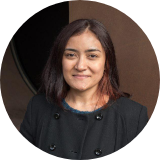
Director, Asia Research Centre, Universitas Indonesia (ARC-UI), Indonesia.
Dr. Inaya Rakhmani is the Director of the Asia Research, Universitas Indonesia and honorary member of the Indonesian Young Academy of Sciences. Her research interests include the inclusion and exclusion of social sciences in state responsiveness to multi-dimensional crises in Southeast Asia. She has done extensive research and science advocacy for university reform, as well as dominant and marginal knowledge systems. She has published her findings in the Journal of Contemporary Asia, book chapters in Palgrave MacMillan and Springer International, popular media articles to make academic research more accessible for non-specialists, and regularly issues policy briefs for national and regional governments as well as organising community classes to familiarise public members with social research.
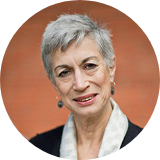
Distinguished Professor, Public Health and Medical Anthropology, School of Public Health, University of the Witwatersrand, South Africa.
Dr Lenore Manderson is a Distinguished Professor of Public Health and Medical Anthropology in the School of Public Health, University of the Witwatersrand, Johannesburg, South Africa. She joined Wits as a member of faculty in 2014; previously, from 2004-2013, she was an honorary professor and, in 2008, Hillel Friedland Senior Fellow at the university. She also holds an appointment as Honorary Professor, Institute at Brown for Environment and Society, Providence, RI. She is an honorary professor at Khon Kaen University, Thailand, and adjunct professor at Monash University. She lives between Prahran (Melbourne, Australia), and Rosebank (Johannesburg, South Africa
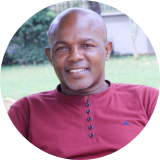
Community Development, Human Rights and Governance Practitioner; Slum Dwellers International- Kenya (SDI-Kenya).
Joseph Kimani is a trained community organizer and holds a Masters Degree in Community Economic Development from the Open University of Tanzania. Kimani has worked with the Civil Society Organizations for the last 16 years first in the Human rights sector where he trained community human rights defenders, conducted peace trainings, theatre for development. He later joined Pamoja Trust where he was instrumental in initiating and coordinating projects that have continued to be feasible in informal settlements such as, the youth programme (Mwamko wa Vijana), individual household water connections in Mathare, waste management projects in Mathare, Dagoretti and Korogocho and more. Afterwards he worked as a Project Manager at the Kenya Slum Dwellers Federation’ secretariat known as Muungano Support Trust, where he overlooked the development and implementation of various projects related to municipalities, ministries and water companies. In 2014 Joseph Kimani joined Umande Trust where he provided leadership and support to community organization programmes related to human rights, advocacy and justice. In 2015 he rejoined Slum Dwellers International (SDI) Kenya as a programme manager where he is currently overseeing the implementation of projects and programmes at the community level.
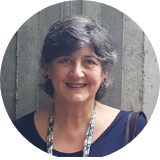
Associate Professor, Institute for Population and Social Research (IPSR), Mahidol University;
Director SEA Junction.
Dr Rosalia (Lia) Sciortino Sumaryono is a cultural anthropologist and development sociologist by training and earned her master and doctorate at the Vrije Universities, Amsterdam with honours. Currently, she is Associate Professor at the Institute for Population and Social Research, Mahidol University and Visiting Professor at the Master in International Development Studies (MAIDS), Chulalongkorn University in Thailand. She also founded and directs the Foundation for Southeast Asian Studies and its core activity SEA Junction, a public venue in Southeast Asia (www.seajunction.org). Previously she was Asia’s Regional Director for IDRC in Singapore and Founder Regional Director for the Rockefeller Foundation in Bangkok; Senior Adviser to Australian Aid in Indonesia and program officer Gender, Health and Human Development at the Indonesia and Philippines offices of the Ford Foundation.

Director and Associate Dean, School of Population and Global Health (SPGH), Faculty of Medicine and Associate Vice-Principal (Global Policy and Innovation), McGill University
Dr Timothy Grant Evans received his Medical Degree from McMaster University in Canada and was a Research and Internal Medicine Resident at Brigham and Women’s Hospital. He earned a D.Phil. in Agricultural Economics from the University of Oxford, where he was a Rhodes Scholar. He joined McGill after a 6-year tenure as the Senior Director of the Health, Nutrition and Population Global Practice at the World Bank Group. From 2010 to 2013, he was the Dean of the BRAC James P Grant School of Public Health at BRAC University and Senior Advisor to the BRAC Health Programme. From 2003 to 2010, he was Assistant Director General at the World Health Organization (WHO). Prior to this, Dr Evans served as Director of the Health Equity Theme at the Rockefeller Foundation. He has been at the forefront of advancing global health equity and strengthening health systems delivery for more than 20 years. At WHO, he led the Commission on Social Determinants of Health and oversaw the production of the annual World Health Report. He has been a co-founder of many partnerships including the Global Alliance on Vaccines and Immunization (GAVI) as well as efforts to increase access to HIV treatment for mothers and innovative approaches to training community-based midwives in Bangladesh.
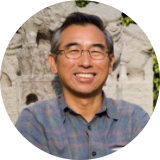
Professor, Sociology Division, School of Social Sciences, Associate Vice President (Wellbeing), and Associate Provost, Nanyang Technological University, Singapore.
Professor Kian-Woon’s research interests include the study of social memory, mental health, civil society, and heritage and the arts. As a sociologist and a citizen, he has been actively involved in public life. He has served on many key committees of the Heritage Board, on the boards of the NTU Centre for Contemporary Arts and the Intercultural Theatre Institute, and as an external advisor to the Nanyang School of Fine Arts. He was President (1997-2001) of the Singapore Heritage Society, which has worked with many Singaporeans to shape the national agenda on heritage conservation.
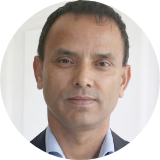
Managing Director, HERD International, Nepal.
Managing Director, HERD International, Nepal. Dr Sushil Chandra Baral is an experienced health and development expert of Nepal, specialising in health systems strengthening and health policy and planning at the national and international level. He has twenty-five years of experience in health systems and services, health policy and planning, operational research and the social development sector in the context of developing countries. Dr Baral contributed to the design of DFID’s support programme to Nepal Health Sector Programme 1 and 2. He has a long-term involvement in Nepal’s health sector in particular disease control programmes in developing countries. He has also gained considerable knowledge and experience in operational research, development of sector-wide approach, health service decentralisation, health sector reform, strategic planning, health policy and management.

South African Research Chair, Health Systems, Complexity and Social Change;
Professor, School of Public Health, University of the Western Cape, South Africa.
Asha George joined the School of Public Health at the University of the Western Cape in 2016 as the South African Research Chair (SARChI) in Health Systems, Complexity and Social Change. She continues at the Johns Hopkins School of Public Health as an Adjunct Professor and is a Principal Visiting Fellow at the United Nations University’s International Institute of Global Health. She is a qualitative researcher engaged with health systems to advance health and social justice in low-and middle-income countries. With a gender and rights lens, she focuses on the frontline interface and governance of services, taking into consideration community and health worker perspectives.
Her longer-term national level work includes work in India, where she partnered with allies across the community, district, state and national health systems to advance maternal health from a gender and rights perspective. Prior to that, she worked in Mexico with government ministries and the UN system to advance the Beijing and Cairo agendas for women’s health and rights. From 2016-2020, she was elected to the Board of Health Systems Global and served as its Vice-Chair from 2016-2018, and its Chair from 2018-2020. She currently leads the Drivers Working Group for Countdown to 2030, is a Commissioner for the Lancet Commission on Re-Aligning Child Health for the SDG Era and serves on the Scientific and Technical Advisory Group for the Human Reproduction Program/ Department of Reproductive Health Research at WHO Geneva.
Dr George is rated as a B3 scientist by the South African National Research Foundation. Since 2002, she has co-edited 2 edited volumes, 4 journal supplements, over 120 journal publications and multiple technical reports and guidance documents.

Executive Director, Centre for Universal Health, Chatham House, United Kingdom.
Robert Yates is an internationally recognised expert on universal health coverage (UHC) and progressive health financing. He was the project director of the UHC Policy Forum at Chatham House before leading the Global Health programme and centre for universal health. His principal area of expertise is in the political economy of UHC, with a focus on advising political leaders and government ministries on how to plan, finance and implement national UHC reforms. He has previously worked as a senior health economist with the UK’s Department for International Development (DFID) and the World Health Organization (WHO), advising numerous governments in Asia and Africa on health financing policy and health system reforms. Mr Yates is a member of the ‘Health for All’ Thematic Group of the UN’s Sustainable Development Solutions Network.
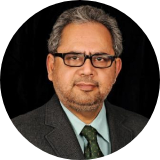
Regional Director, Asia Regional Office, International Development Research Centre.
Dr Anindya Chatterjee has provided leadership in research, research management, policy, and programme development in the area of global health and development. Dr Chatterjee formerly worked internationally with United Nations development agencies, and research agencies, government authorities, and non-governmental organisations. He has been closely involved with national programmes in several countries in Asia, Africa, and the Middle East. A graduate of the Kolkata Medical College and Hospital, he also holds a doctorate in psychiatry from the University College of Medicine in India, and post-doctoral training in anthropology and public health at both the University of Calcutta, and UCLA School of Public Health. Dr Chatterjee is the author of several articles, monographs, and books on such topics as HIV/AIDS prevention in Asia.

Special Envoy of WHO Director General for COVID-19;
Senior Advisor, Food Systems Summit Dialogues and Strategic Director at 4SD Switzerland.
David Nabarro is the Co-Director of the Imperial College Institute of Global Health Innovation and supports systems leadership for sustainable development through his Switzerland based social enterprise 4SD (Skills, Systems and Synergies for Sustainable Development). Currently, Nabarro is Special Envoy of WHO on COVID-19 and Senior Advisor to the United Nations Food Systems Summit. Nabarro secured his medical qualification in 1974 and has worked in over 50 countries in multiple positions. In October 2018, David received the World Food Prize together with Lawrence Haddad for their leadership in building coalitions for action for better nutrition across the Sustainable Development Goals.


